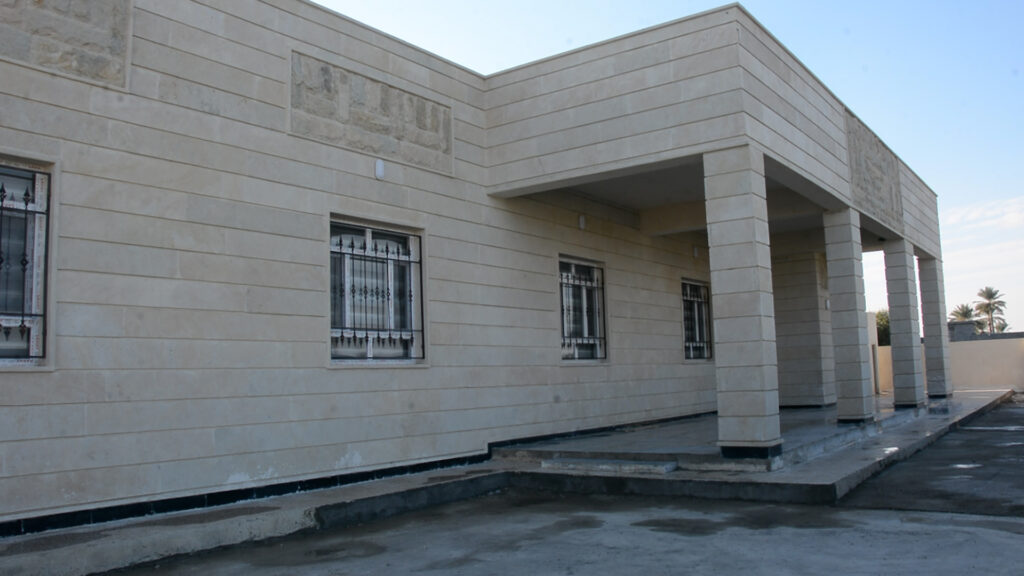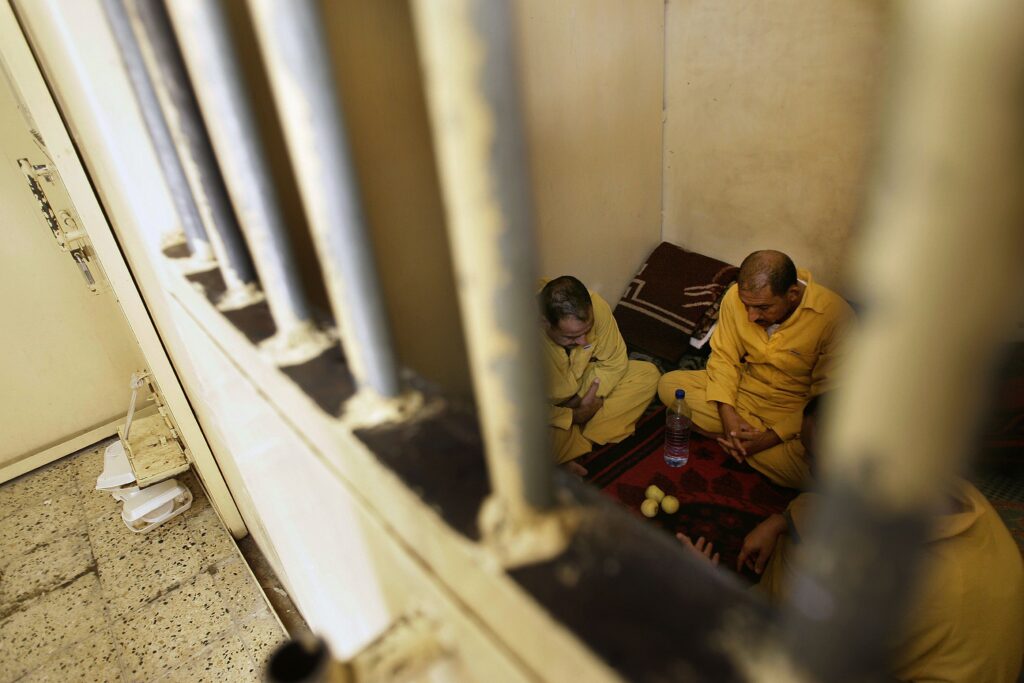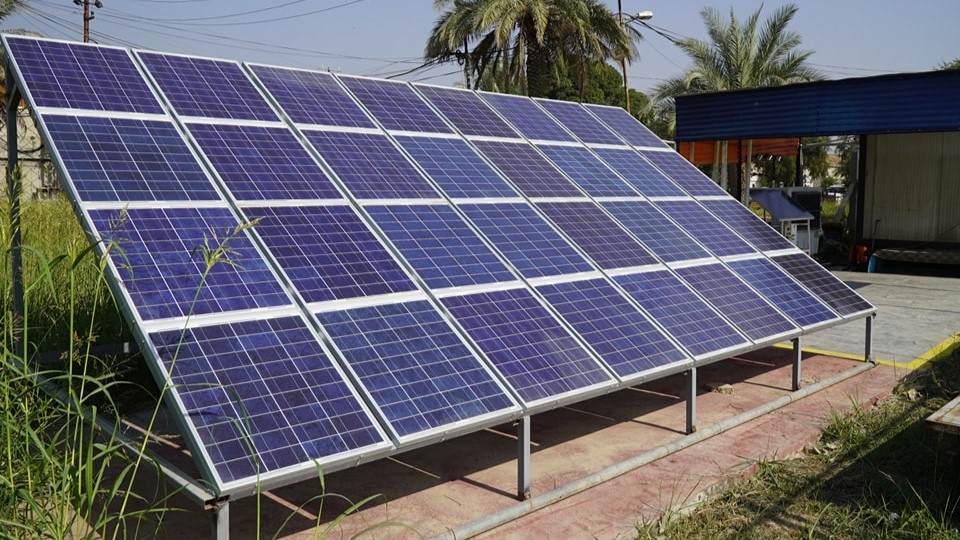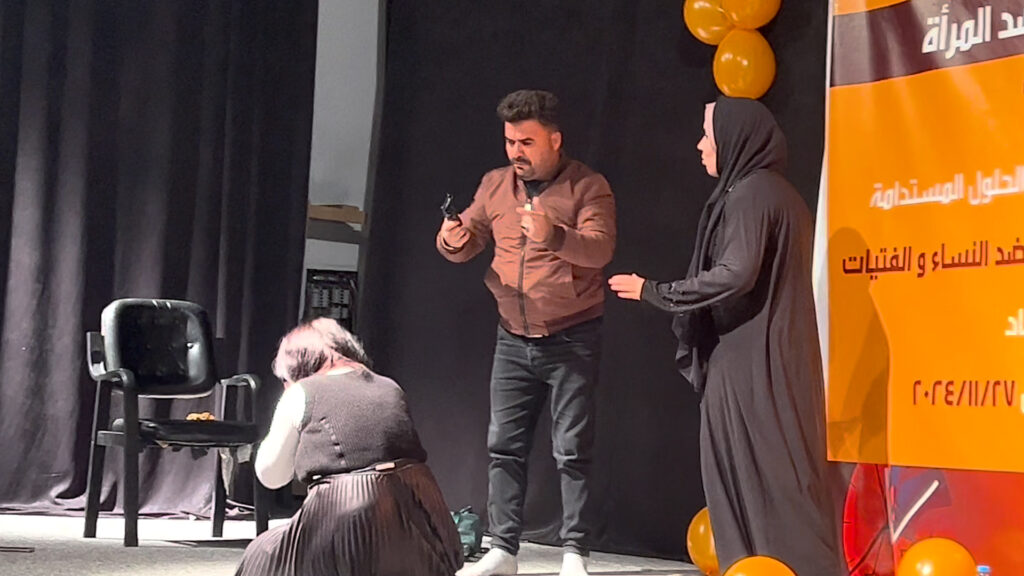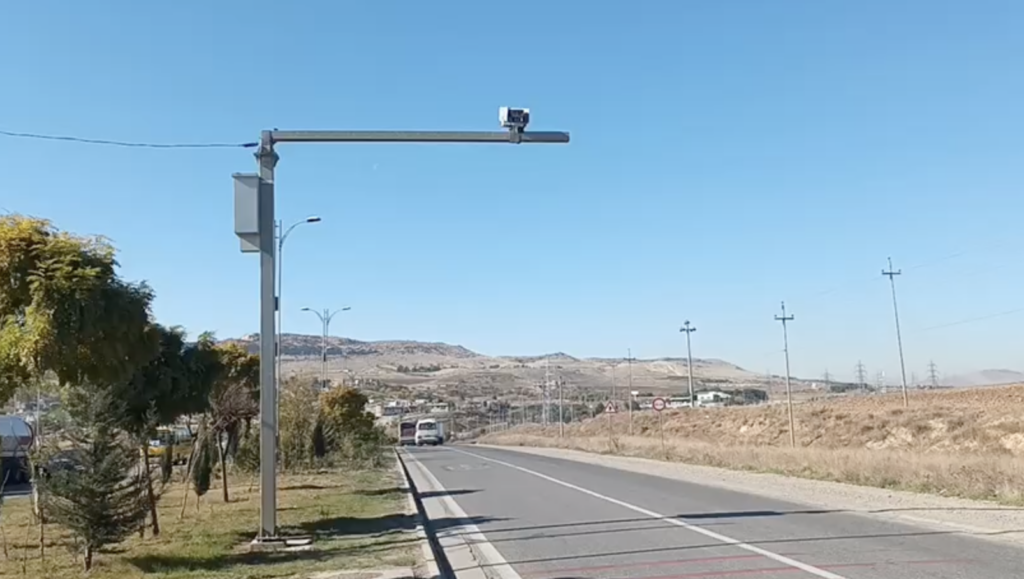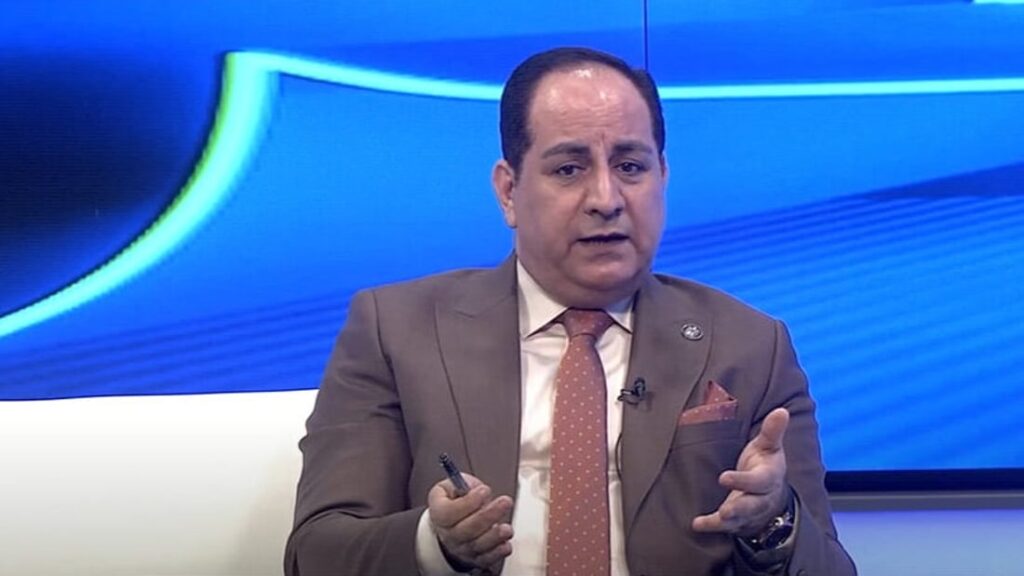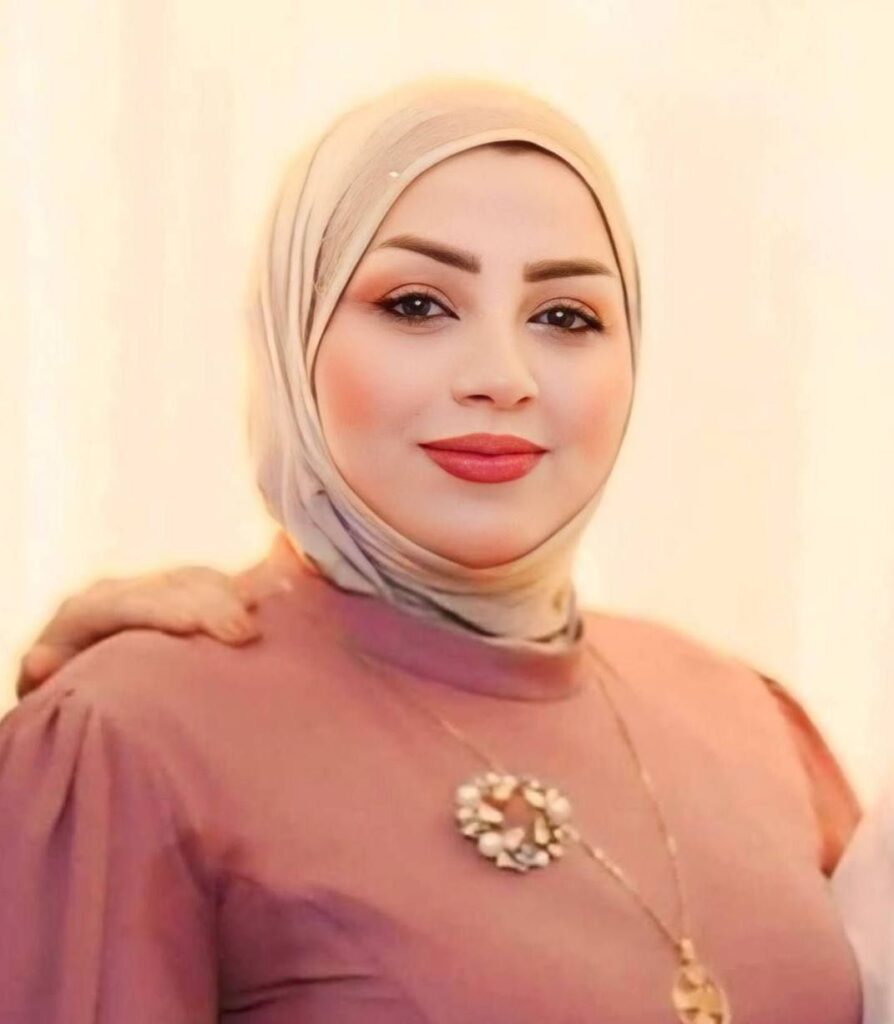Iraq: Standard Operating Procedures for Prevention of and Response to Gender-Based Violence in Central South Iraq [ EN/AR]
CHAPTER 1: INTRODUCTION
Iraq is experiencing a double crisis of displacement. Syrian refugees, which total over 230,000 individuals, have fled the armed conflict in Syria and have sought refuge primarily in the Kurdistan Region of Iraq (KRI). In Central Iraq, there are 774 Syrian refugees, and in South Iraq, there are 148 Syrian refugees. Compounding this crisis is the larger scale internal displacement of Iraqis who flee territory held by the so called Islamic State of Iraq and the Levant (ISIL), or so-called Da’esh, and the subsequent military operations led by the government and allied forces to regain territory. The country has been wracked by successive waves of displacement, with current estimates of 3.3 million internally displaced persons (IDPs) and over 1.9 million returnees. While people have been displaced in all governorates, 87% of IDPs originate from Ninewa, Anbar and Salah al-Din4 . Anbar and Salah al-Din host the largest number of both IDPs and returnees, which place the burden on host communities (and on basic services)5 . The number of people in need of humanitarian aid has increased in 2017, particularly due to the Mosul military operation as well as expected military operations for Hawija and West Anbar, which would cause more displacement and return to their areas of origin.
Gender-based violence (GBV), particularly sexual violence, is a widespread and alarming element of the dual crisis. Da’esh uses sexual violence as a tactic of terror and as a tactic of conflict, primarily targeting women and girls of specific ethnic and religious minority groups in Iraq and Syria. Those living in areas under Da’esh control are at risk of rights violations, abduction, sexual slavery, rape, torture and abuse. However, the less recognized impacts of displacement affect far more refugees, IDPs and host communities. For Iraqis, displacement has exacerbated already high rates of intimate partner violence (IPV), honor crimes, sexual exploitation, harassment and child/forced marriage that existed prior to the recent conflict. The vulnerability of certain groups, such as female-headed households, widows, women with special needs and adolescent girls, compound the challenges they face. The specific needs of people at risk of GBV, especially women and girls, have been neglected across all sectors. Yet the potential to mitigate GBV risks and provide quality multi-sector care for survivors is high.
According to GBV Information Management System (GBVIMS) data for Central South during January – March 2017, the most commonly reported GBV incident type was psychological/emotional abuse (37%), followed by denial of resources (26.8%), physical assault (24.4%), and forced marriage (8.7%).
These Inter-Agency Standard Operating Procedures (SOPs) describe guiding principles, procedures, roles and responsibilities in the prevention of and response to GBV by all relevant actors in Central South governorates, covering Anbar, Babylon, Diyala, Karbela, Najaf and Salah al-Din.
The SOPs cover a broad range of beneficiaries, including IDPs, refugees, returnees, host communities and those who remained in their homes during and after military operations. The SOPs have been developed through an inter-agency consultative process with government institutions, UN agencies, national and international organizations and civil society actors working on GBV prevention and response. The SOPs have mapped out organizations responsible for service provision in the four main response sectors: health, psychosocial support, legal services and safety & security. They are designed to be used together with existing resources related to prevention and response to GBV. The SOPs have been developed to facilitate joint action by all GBV and non-GBV actors working in Central South to prevent and respond to GBV.

